40 great international players who couldn’t hack it in the Premier League
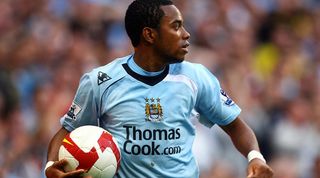
Generally speaking, if a player is capable of shining on the international stage, they stand a good chance of making an impact in any of Europe’s top leagues.
The following players proved that logic to be flawed, however, by spectacularly failing to live up to the standards they set for their national teams in the Premier League.
Whether they were too young, felt too much pressure or simply weren’t as good as that one tournament suggested, these players proved to be big disappointments in England.
David Healy
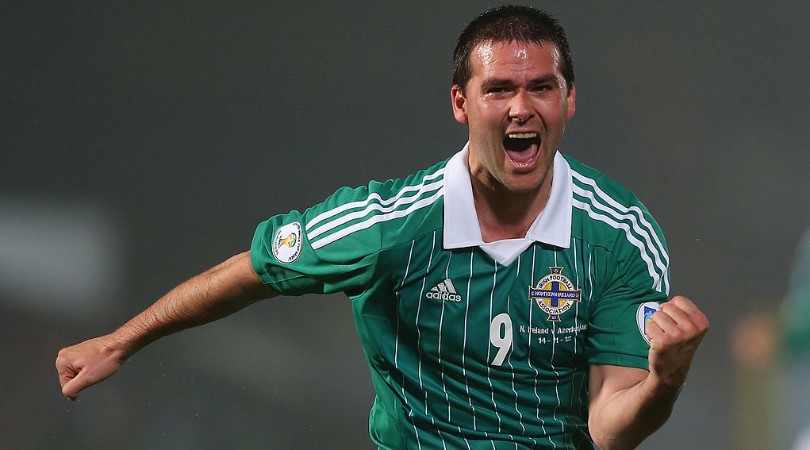
Healy’s scoring feats with Northern Ireland were astonishing, particularly considering they came at a time before the country were strolling around at major tournaments.
The striker is his country’s all-time top scorer with 35 goals in 93 caps, only four of which were scored in friendlies. Healy scored the only goal in a 1-0 World Cup qualifier win over England in 2005, and netted a hat-trick in a famous 3-2 win over Spain during a Euro 2008 qualifying campaign where he scored 13 times in 11 games – a record for a single campaign that he now shares with Robert Lewandowski.
However, he couldn’t replicate that form in the Premier League, where he scored just five goals in 44 appearances for Sunderland, Fulham and Manchester United. Healy had more success in the tier below, where he notched 69 goals during spells with Preston, Norwich, Leeds, Ipswich and Doncaster.
Bryan Ruiz
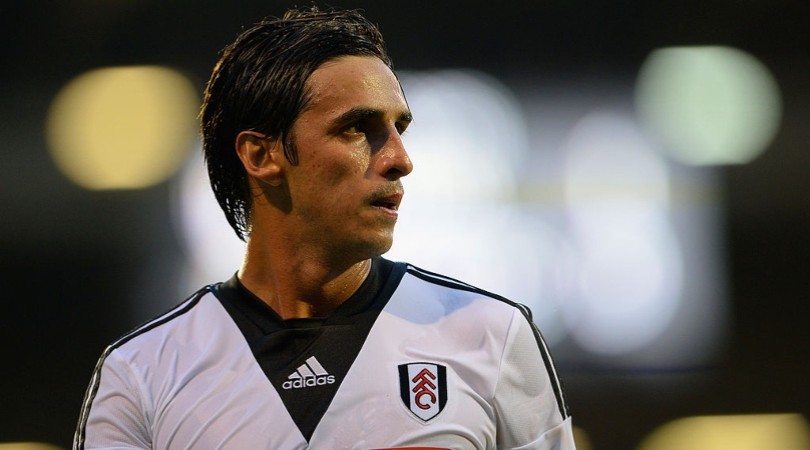
In Costa Rica, Ruiz is a 120-cap legend who has scored 25 goals at international level. He is the captain of his national team and has performed at a high level for clubs in his home country, Belgium, the Netherlands and Portugal.
Then there was his time in England. Ruiz joined Fulham in August 2011 and made 68 top-flight appearances, but scored just eight goals and was eventually sent on loan to PSV in January 2014 before being sold to Sporting the following summer.
He’s now in Brazil with Santos and remains a key man in the Costa Rica team, providing experience and leadership as their 33-year-old skipper.
Robinho
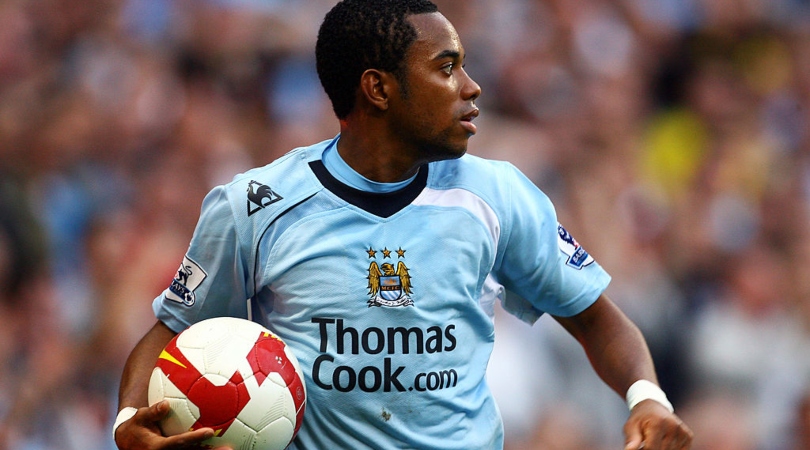
Robinho never managed to justify the £32.5m City handed over to Real Madrid for his services in 2008, scoring just 14 goals in 41 Premier League games.
Nor did he manage to replicate the performances he put in for Brazil, who he earned 100 caps for, netted 28 times and appeared at two World Cups. “I started well, but unfortunately there weren’t as many great names as there are these days,” he told FourFourTwo. “Manchester City are the only side I’ve left without winning a title.”
Now 35, Robinho is still playing with Istanbul Basaksehir, who are currently sitting pretty at the top of the Turkish Super Lig.
Diego Forlan
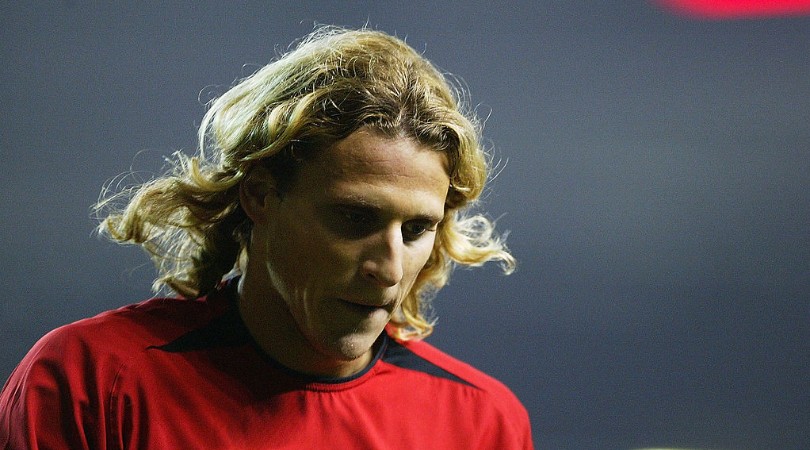
When Forlan hung up his boots with Uruguay in 2015, he was his country’s second most-capped player ever with 112 appearances and at number three on their all-time top scorer list with 36 goals.
This was a man who won the Golden Ball after joint-top scoring at the 2010 World Cup, yet he failed to make anything like the same impact after joining Manchester United from Independiente in 2002 aged 22.
The forward mustered just 10 goals in 63 Premier League appearances and didn’t notch his first until his 24th game. It’s somewhat baffling, especially considering he went on to find the net with ease in (deep breath): Argentina, Spain, Italy, Brazil, Japan, Uruguay, India and, finally, Hong Kong. Too much too soon?
Radamel Falcao
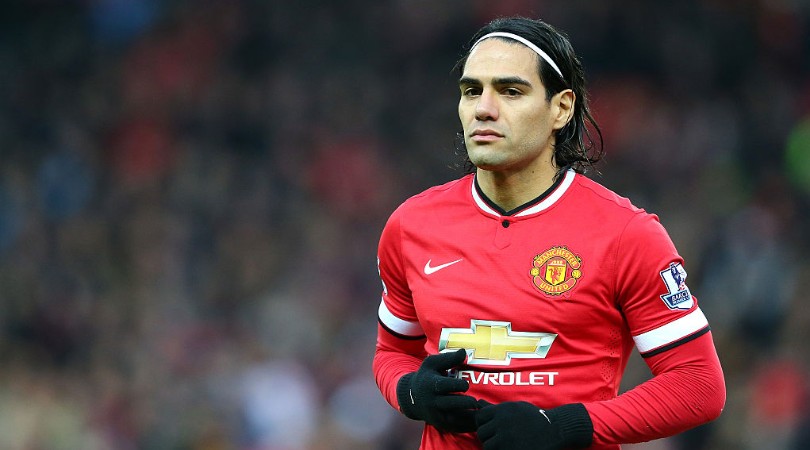
Falcao has been a remarkably reliable goalscorer throughout his career at club and international level, scoring regularly in Argentina, Portugal, Spain and France as well as becoming Colombia’s all-time top scorer with 33 strikes in 83 caps.
However, he was nothing like the same player during his two loan spells in England with Manchester United and Chelsea. After arriving at Old Trafford from Monaco on a massive wage packet in 2014, he netted just four times in 26 league games.
Chelsea had a crack at unlocking his potential, but the Colombian only got worse as he found the net once in 10 Premier League outings. Now back at Monaco aged 33, he’s once again finding the net with ease.
Juan Sebastian Veron
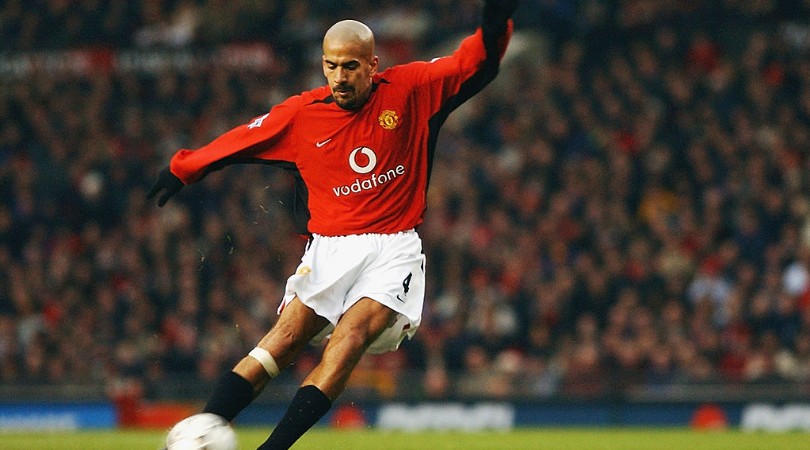
Veron arrived at Manchester United from Lazio in 2001 for British record transfer fee of £28.1m, and checked in at Old Trafford with a reputation as one of the world’s top midfielders.
However, in two seasons with United, the Argentine struggled to replicate the form he’d shown in Italy and for his national team, scoring seven goals in 51 league games overall. Chelsea took a chance on him, but Veron was even worse at Stamford Bridge and played just seven times for the Blues before being sent on loan to Inter and Estudiantes.
Considering his success in Serie A and in 73 Argentina caps, his struggles in England were – and continue to be – a surprise.
Sergei Rebrov
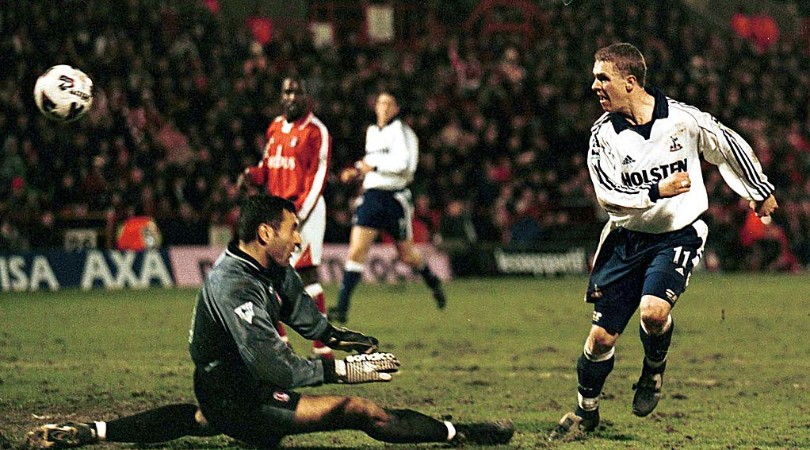
Rebrov formed a formidable strike partnership with Andriy Shevchenko at Dynamo Kiev, scoring more goals than his celebrated compatriot for the club. The pair also delivered for Ukraine, with Rebrov scoring 15 goals in 75 caps as the support act to Sheva’s lethal finishing.
Despite his impressive CV, Rebrov fell on his face during his time with Spurs and West Ham in the Premier League. He arrived at White Hart Lane in 2000 for £11m, but scored just 10 goals in two seasons and was sent out on loan before eventually joining the Hammers on a free transfer, where he scored just once in 27 games.
Tomas Brolin
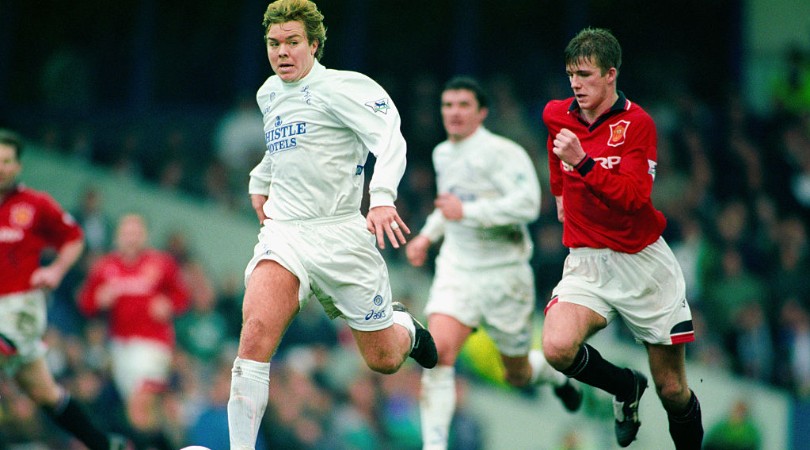
Brolin was one of the world’s finest players from 1990-1994, performing miracles for Sweden, but is now widely regarded as one of the worst ever Premier League signings. He scored against Brazil aged 18 at Italia ’90 to earn a move to Parma, and went on to score 27 goals in 47 caps for the Swedes, playing a starring role at USA ’94 as they reached the semi-finals.
However, he became overweight, fell out with George Graham and struggled with the demands of English football following his £4.5m move to Leeds United in 1995, eventually resulting in his release on a free. Crystal Palace took a chance on him, but he couldn’t find the net in 13 more top-flight games.
Jon Dahl Tomasson
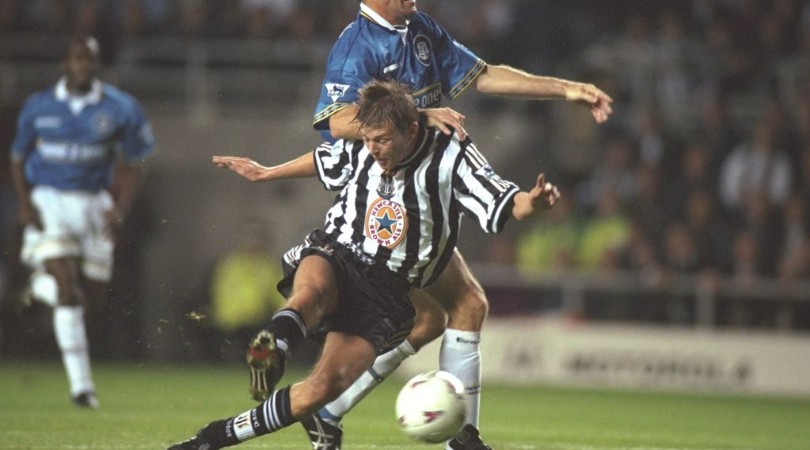
After three eye-catching seasons in the Eredivisie with Heerenveen, Newcastle captured 20-year-old talent Tomasson in 1997 just four months after he’d made his Denmark debut. The striker would eventually deliver on his promise, but not at St James’ Park, where he scored thee goals in 23 Premier League games before being sold back to the Netherlands with Feyenoord.
Tomasson proved that to be a short-sighted decision by starring in Italy with Milan, winning the Champions League in 2003, as well as impressing for Stuttgart and Villarreal. In 112 caps for Denmark he scored 52 goals, making him his country’s joint top-scorer.
Roque Junior
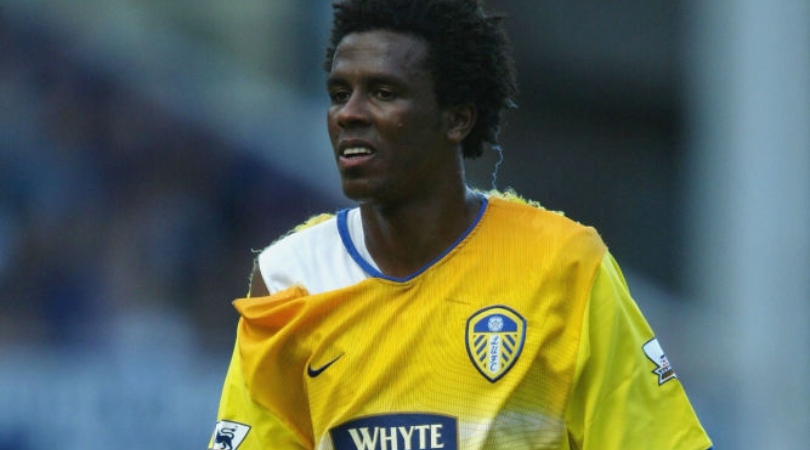
The centre-back was a World Cup winner with Brazil in 2002, playing every minute of their final victory over Germany, and arrived in England on loan from Milan just a year after that triumph and fresh off a Champions League victory.
As you’d expect, Leeds fans were quite excited by their new man, but unfortunately they’d got ahead of themselves. Junior was shown a red card on his debut against Birmingham and the Elland Road club shipped 19 goals during the five Premier League games he appeared in. Dreadful.
Jozy Altidore
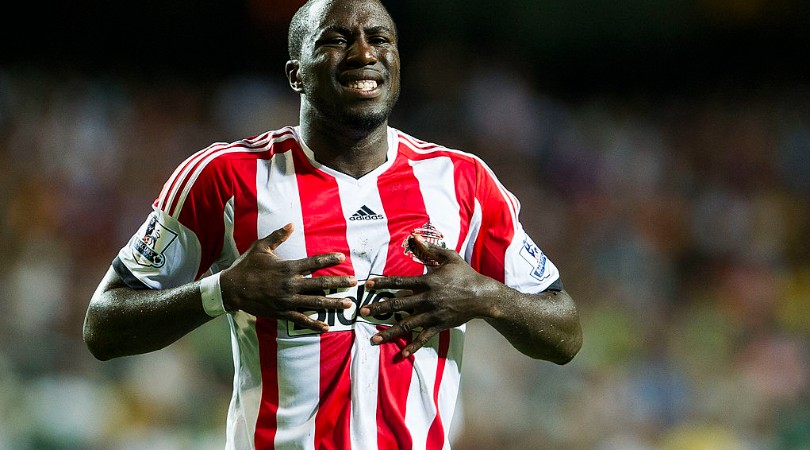
Altidore’s first unremarkable spell in England came on loan at Hull in 2009/10, when he scored once in 28 games. He returned to these shores with Sunderland in July 2013 only to again find just one goal, this time in 42 appearances.
Perhaps the biggest surprise, then, is how well the striker has done for the USA. Altidore has plundered 41 international goals in 110 caps, taking him to No.3 in the country’s all-time scoring charts. He found his level in MLS where, aged 29, he has scored 47 times in 90 league games for Toronto FC.
Karel Poborsky
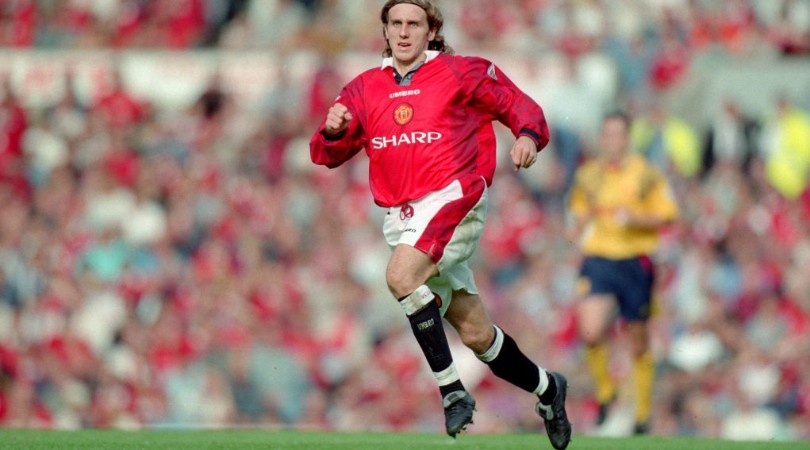
Poborsky put in some outstanding performances to help the Czech Republic finish as runners-up at Euro 96, including a delicious lob against Portugal in the quarter-finals. It earned the young star-in-the-making a dream move to Manchester United from Slavia Prague, but he was marginalised by the emergence of David Beckham and made just 32 appearances in two seasons at Old Trafford before leaving for Benfica.
At international level his ascendancy continued, as he racked up 118 caps and stands as the second most-capped Czech player behind Petr Cech.
Kleberson
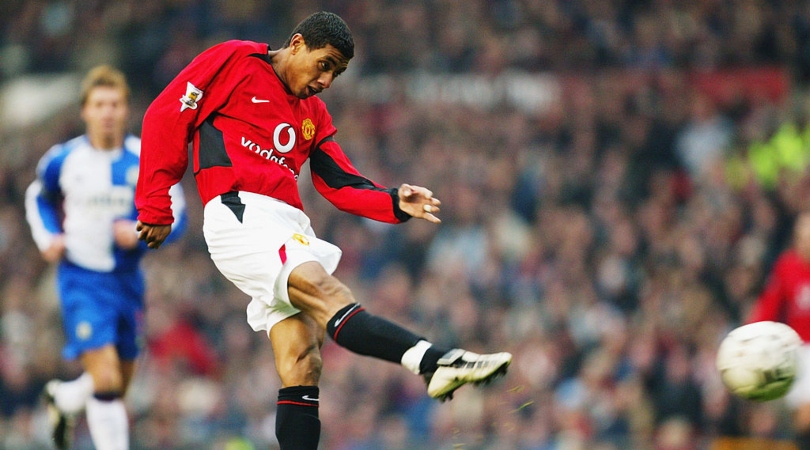
Kleberson had the world at his feet after playing a key role in Brazil’s 2002 World Cup triumph and arrived at Old Trafford the following year to hear Alex Ferguson suggest he could evolve into a “true United great”. It wasn’t to be, though, as he struggled to adapt to English football by his own admission and made just 20 appearances in two seasons in Salford.
However, he continued to contribute on the international stage, missing just one game as Brazil lifted the 2004 Copa America, helping the Seleção to 2009 Confederations Cup victory and then being named in his country’s 2010 World Cup squad.
El Hadji-Diouf
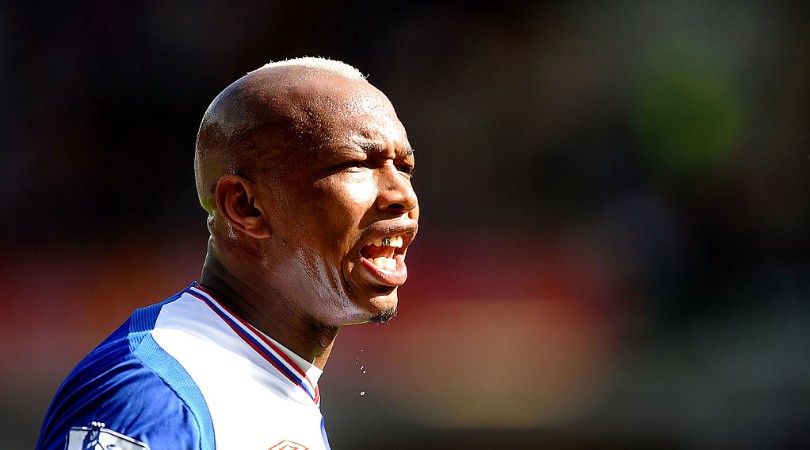
Diouf burst onto the scene at the 2002 World Cup in playing every minute of Senegal’s surprise run to the quarter-finals, earning a £10m move to Liverpool. But after a promising start, things soon fell apart for the striker: he spat at a Celtic fan during a UEFA Cup tie at Parkhead, stopped scoring and earned a reputation for ill-discipline and a bad attitude. Jamie Carragher later said Diouf was “always the last to get picked in training”.
Spells at Sunderland, Blackburn and Bolton were better but not much more prolific, as Diouf netted 28 goals in 243 Premier League games. That didn’t stop him becoming his country’s second-top scorer with 24 goals and twice winning African Footballer of the Year.
Andriy Shevchenko
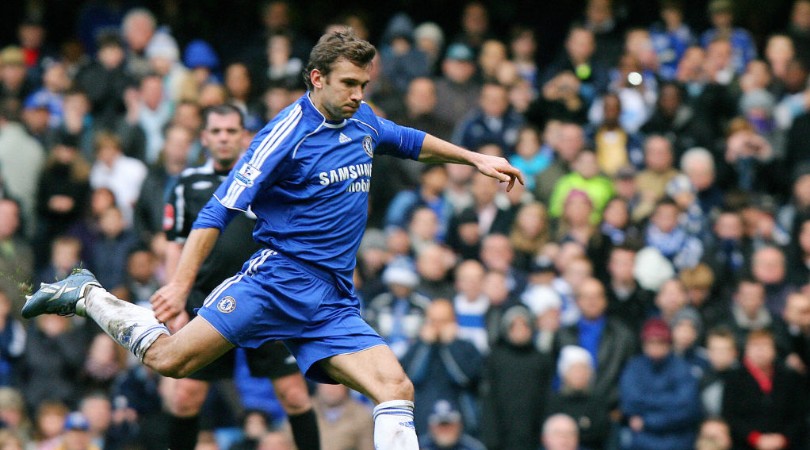
Shevchenko was one of those rare players who actually earned the ‘legend’ tag so readily thrown around in football, becoming Ukraine’s all-time top scorer with 48 goals and winning the Champions League with Milan.
He swapped San Siro for Stamford Bridge in a £30.8m move in 2006, but the Ballon d’Or-winning striker contributed just nine goals in 48 appearances for Chelsea in the English top flight.
He was eventually loaned back to Milan before returning to his first club Dynamo Kiev, where he resdiscovered his scoring touch, but the failure of one of Europe’s greatest strikers to make an impact in the Premier League remains a mystery to this day. He is now manager of Ukraine.
Claudio Bravo
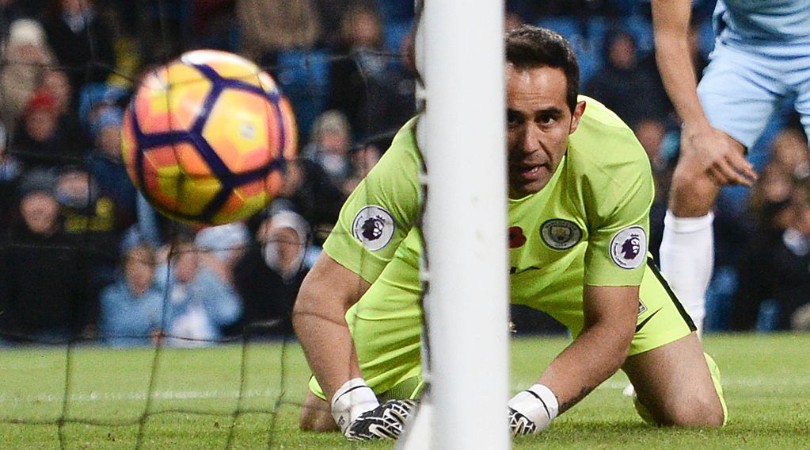
Pep Guardiola wasted little time in ditching Joe Hart upon taking charge of Manchester City in 2016. Bravo, brought in from Barcelona after two title-winning campaigns at the Camp Nou, was chosen as the Englishman’s successor, but he failed to live up to expectations as Guardiola’s men stuttered to a third-place finish.
A Copa America winner with Chile in both 2015 and 2016 – his country’s only two trophies at senior level – Bravo seemed to lose all of his shot-stopping ability at the Etihad Stadium and was promptly relegated to No.2 when City signed Ederson a year after his arrival.
Juan Cuadrado
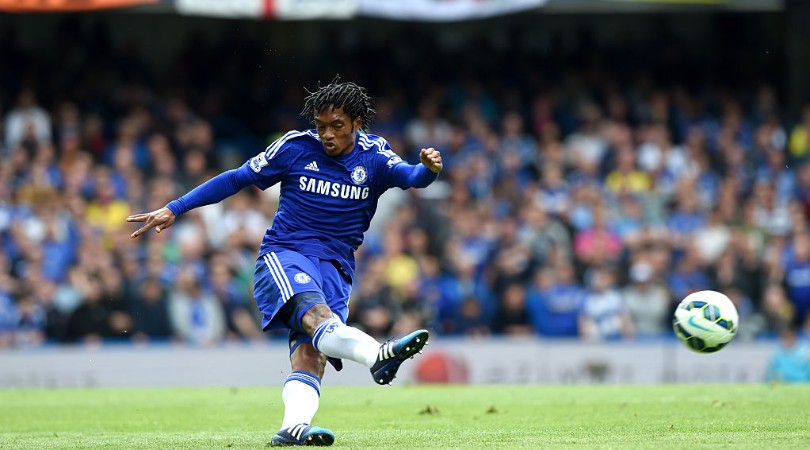
Recruited in the January 2015 transfer window to help Chelsea get over the line in the title race, Cuadrado was little more than a bit-part player at Stamford Bridge. The dazzling wing play he displayed at Fiorentina was largely absent in west London, where Jose Mourinho tended to stick with his preferred duo of Eden Hazard and Willian on the flanks.
Cuadrado was back in Serie A with Juventus a few months later, before helping Colombia to a third-place finish at the 2016 Copa America. He’s been a key part of one of los Cafeteros’ best ever generations, representing his country with distinction at both the 2014 and 2018 World Cups.
Angel Di Maria
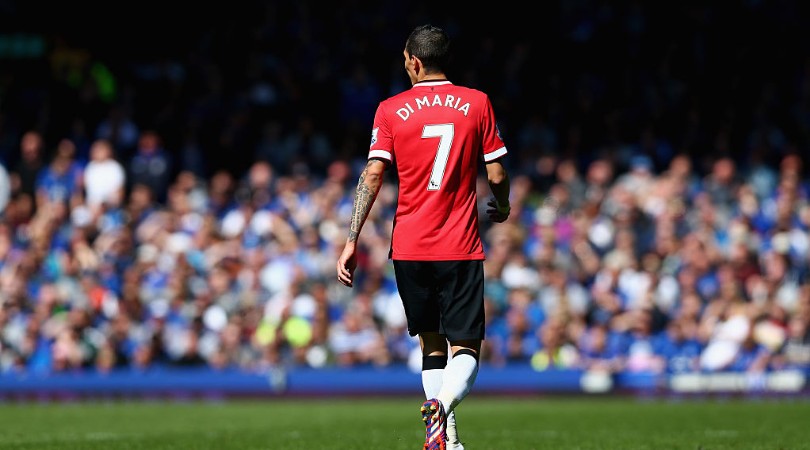
After the failed David Moyes experiment of 2013/14, Manchester United were expected to bounce back the following campaign. In Louis van Gaal they now had a manager with the requisite experience and personality to lead such a big club, and in Di Maria they had a marquee signing who had won multiple trophies at Real Madrid.
The Argentinian had also been a key player for his country for several years, and was included on FIFA’s shortlist for the Golden Ball award at the 2014 World Cup. He was nowhere near his best at Old Trafford, though, and United cut their losses in selling him to PSG 12 months later.
Salif Diao
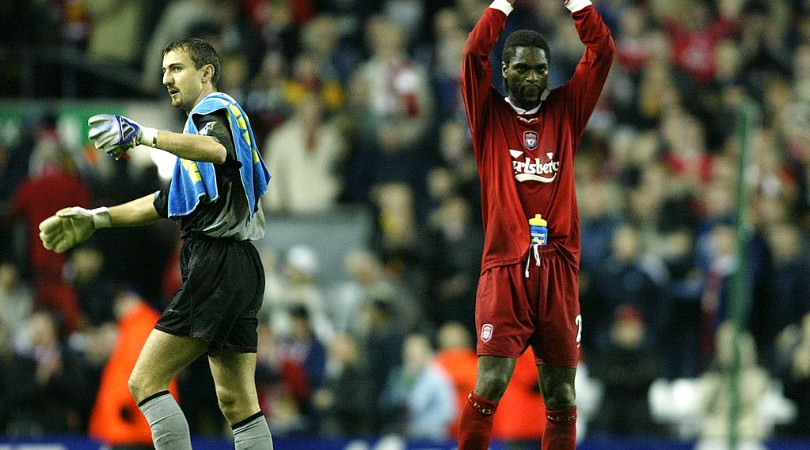
Turkey and South Korea may have reached the last four at the 2002 World Cup, but quarter-finalists Senegal were arguably the tournament’s biggest surprise package in their first ever appearance at the global showpiece.
Diao played in the famous 1-0 defeat of holders France and scored in the 1-1 draw with Denmark, one of four international goals he managed in 39 caps. Unfortunately for Liverpool, the midfielder showed very little of note during his 37 Premier League appearances for the club, which preceded even more forgettable spells at Birmingham and Portsmouth.
Alireza Jahanbakhsh
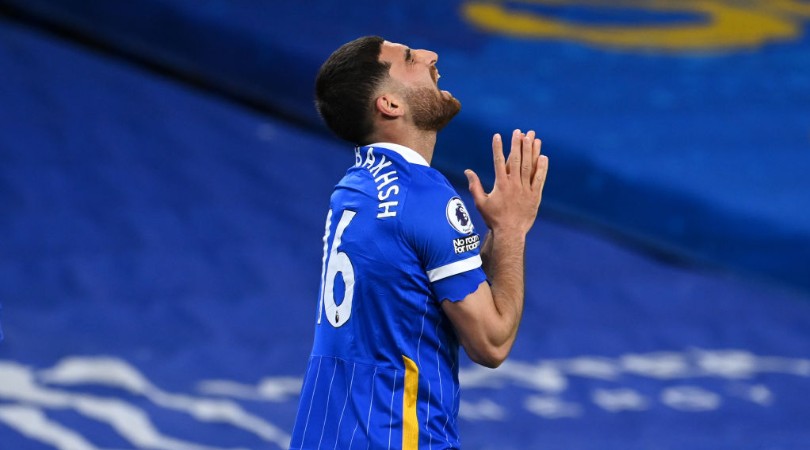
The Iranian certainly struggled at the Amex Stadium. Signed for a club-record fee in 2018 last summer after a 22-goal season with AZ, the winger found the net just twice in 50 Premier League outings, and was subsequently sold to Feyenoord in 2021.
It’s a different story at international level, where Jahanbakhsh has over 50 caps. He’s was involved in all three of of Iran’s recent World Cup campaigns, playing eight group game at Brazil 2014, Russia 2018 and Qatar 2022.
Kim Kallstrom
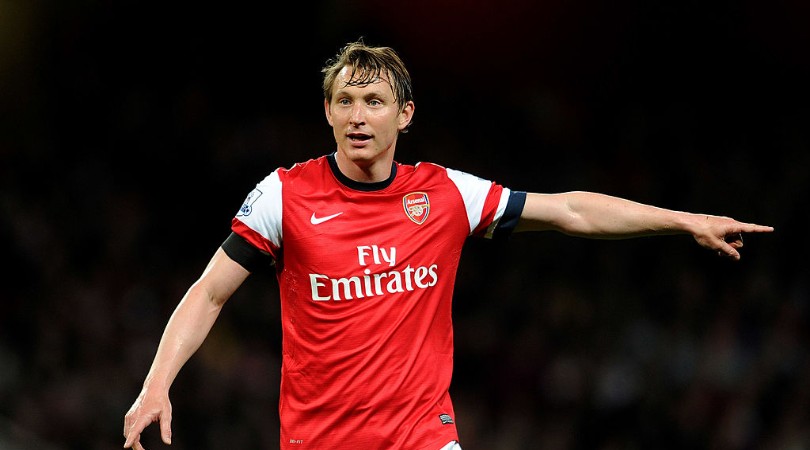
In fairness to Kallstrom, it’s hardly his fault that he made little impact at Arsenal in a curious half-season stint in 2013/14. This was, frankly, a bizarre signing from Arsene Wenger, who went ahead with the deal despite the discovery of a back injury during the midfielder’s medical.
The veteran Swede played just four games in all competitions, significantly fewer than the 131 he appeared in for his country in an international career which spanned 15 years. Only three men – Anders Svensson, Thomas Ravelli and Andreas Isaksson – have won more caps for Sweden.
Stephan Lichtsteiner
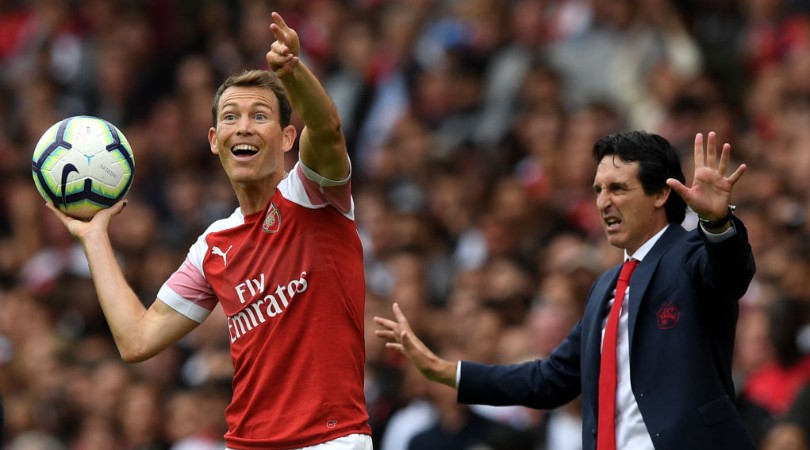
Having won 11 major trophies at Juventus, Lichtsteiner looked like an astute addition for Arsenal last summer – particularly as he was available on a free. Yet it’s subsequently become clear why the Bianconeri were willing to let him go; the 35-year-old’s age has caught up with him this season, in which he’s failed dismally to adjust to the pace of the Premier League.
The right-back is still turning out for Switzerland, for whom he’s won 104 caps and represented at five major tournaments between 2008 and 2018.
Kostas Mitroglou
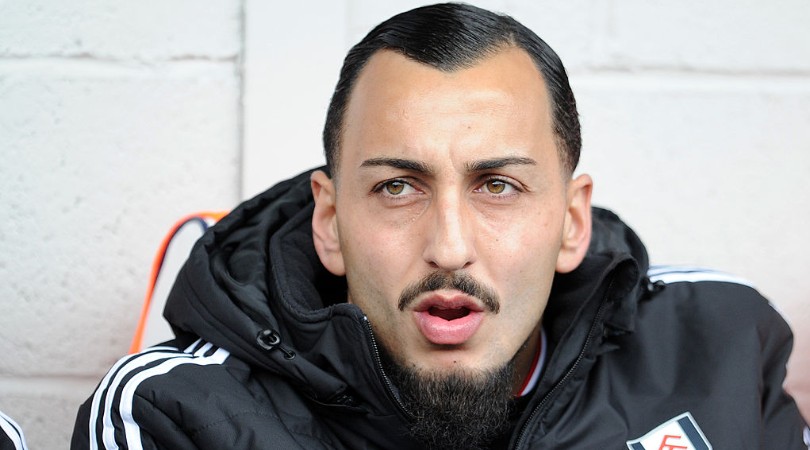
Mired in relegation trouble at the midpoint of the campaign, Fulham decided to spend a club-record £12m on Mitroglou in a bid to haul themselves out of danger. It didn’t work: the striker failed to score in his three appearances for the Cottagers, who fell through the trapdoor after winning only three games post-January 1.
Mitroglou went on to impress at Olympiacos and Benfica, just as he has done for much of his international career since debuting for Greece in 2009. He was particularly pivotal in his nation’s successful World Cup qualification campaign for Brazil 2014, scoring three goals in the two-legged play-off triumph over Romania.
Ahmed Musa
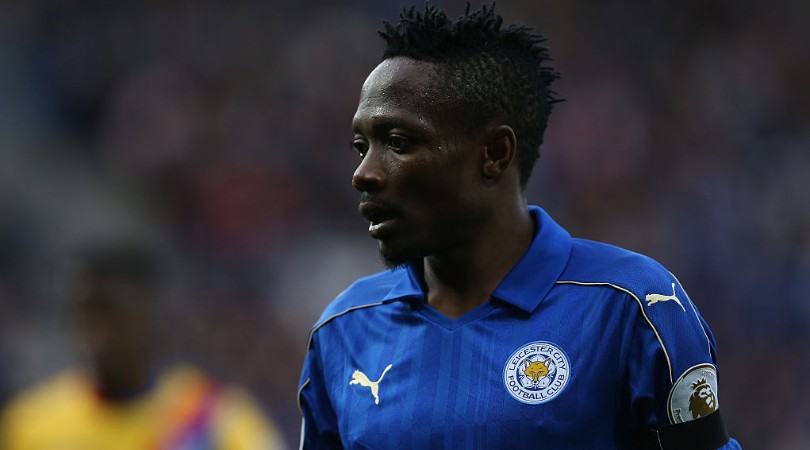
Leicester were never going to be able to repeat their title-winning heroics of 2015/16 the following season, but a shoddy summer of recruitment certainly didn’t help their chances of challenging for Europe.
Musa was probably the worst of a bad bunch; the ex-CSKA Moscow speedster provided four goals and little else in 32 appearances in all competitions, before being hurriedly shipped back to the Russian capital. The forward has been a bigger success for Nigeria, amassing an impressive 81 caps by the age of 26.
Renato Sanches
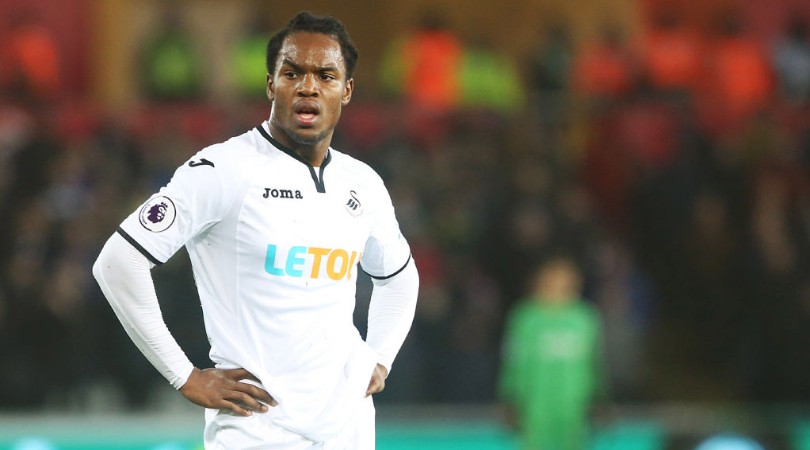
Granted, Sanches hadn’t done enough for Portugal to be considered an ‘international great’ by the time of his loan switch to Swansea in 2017, but he had played a starring role in his country’s surprise triumph at Euro 2016, at which he was voted Young Player of the Tournament.
The midfielder’s confidence had since taken a major hit after a dispiriting year at Bayern Munich, however, and he looked a shadow of his former self in south Wales. Hailed as a coup upon arrival, Sanches made only nine Premier League appearances as Swansea were relegated.
Torben Piechnik
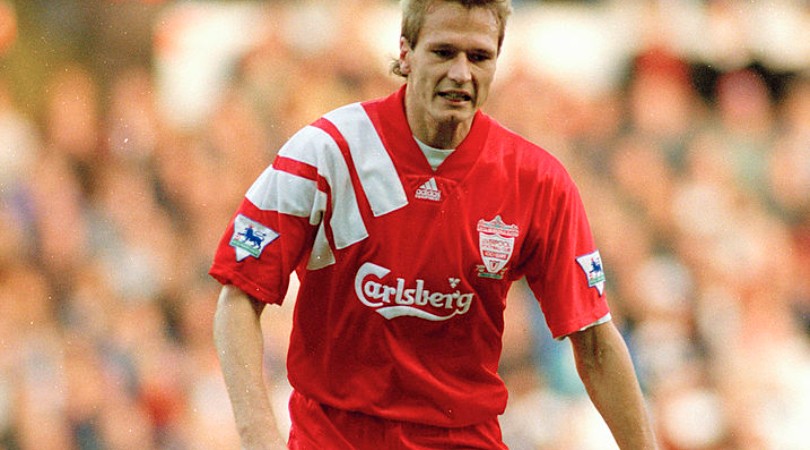
The Danish defender was brought to Liverpool by Graeme Souness after helping his country exceed all expectations by lifting the Euro ’92 title.
However, after a decent start on Merseyside, Piechnik’s form deteriorated and he was packed back off to Denmark after two inauspicious years.
Sergio Romero
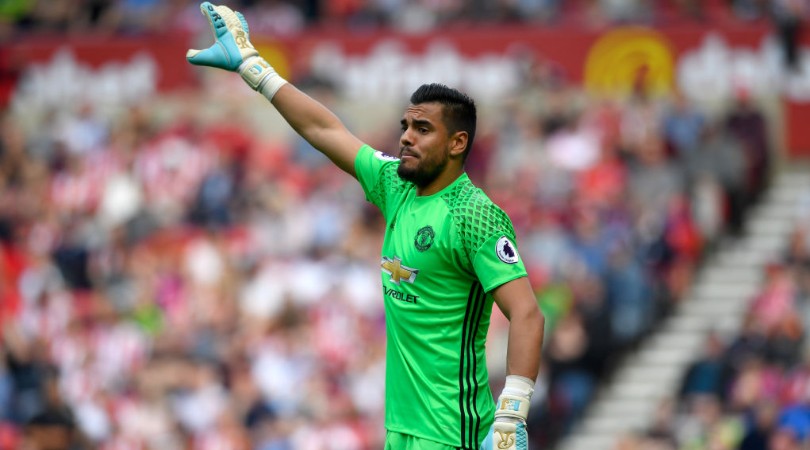
The Argentine proved to be a high-quality back-up to David de Gea at Manchester United, but made making just seven appearances in the Premier League over six years at the club.
But for his country it’s a different story, as he made 96 appearances for Argentina, featuring at two World Cups and three Copa Americas – and agonisingly finishing as a runner-up on three occasions.
Christian Poulsen
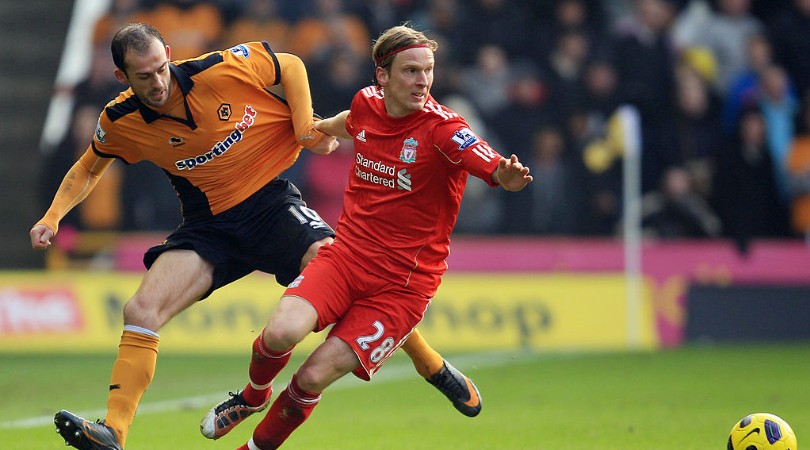
Poulsen’s time at Liverpool was a forgettable one, as he appeared too slow for the ferocity of the Premier League during Roy Hodgson’s ill-fated era.
But he finished his career as Denmark’s ninth most-capped player on 96 games, going to two World Cups and a European Championships – even if he might end up being remembered more for Francesco Totti spitting on him at Euro 2004.
Stern John
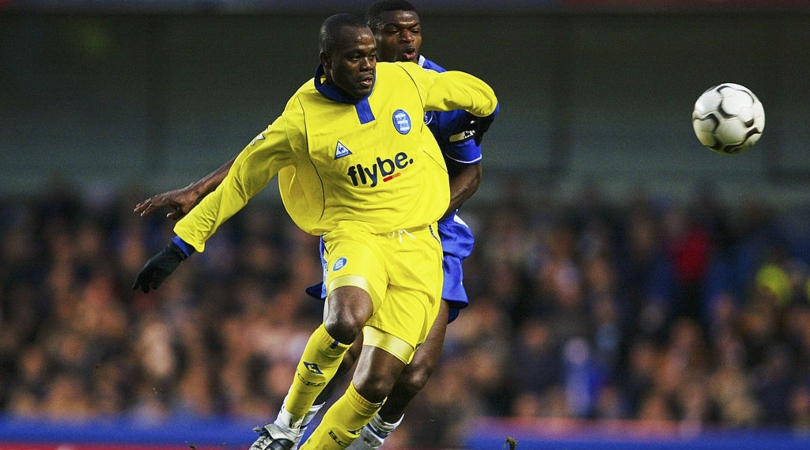
John spent most of his playing days in the lower leagues of English football, but did hit the net 10 times in the Premier League during spells at Birmingham and Sunderland.
For Trinidad and Tobago, however, he was a sensation, hitting 71 goals in 110 caps – a record that places him at No.10 in the all-time list of international goalscorers.
Gervinho
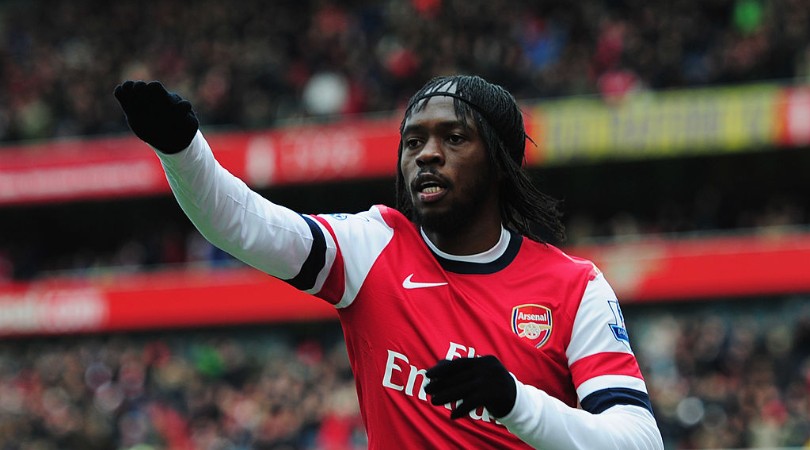
Gervinho was by no means a disaster at Arsenal, and had his moments during two seasons at the Emirates, but that pales in comparison to his contribution to the Ivory Coast.
The winger scored 22 goals in 75 caps, including two at the 2014 World Cup, before scoring twice on the road to finally clinching the long-awaited Africa Cup of Nations title in 2015.
Steve Marlet
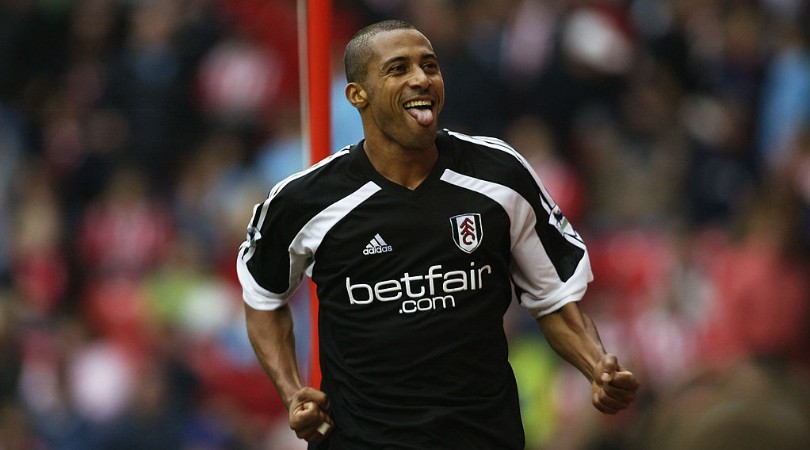
Marlet’s inclusion doesn’t come so much from a sparkling international career, as a disastrous Premier League spell. The striker, who scored a respectable six goals in 24 France caps, was so bad at Fulham that owner Mohamed Al Fayed took then-manager Jean Tigana to the high court for overseeing the capture of their club record signing.
He claimed that Tigana was taking a cut after intentionally overpaying for the player, but Al Fayed lost the case and Marlet was soon sent away on loan before having his deal terminated.
Eric Djemba-Djemba
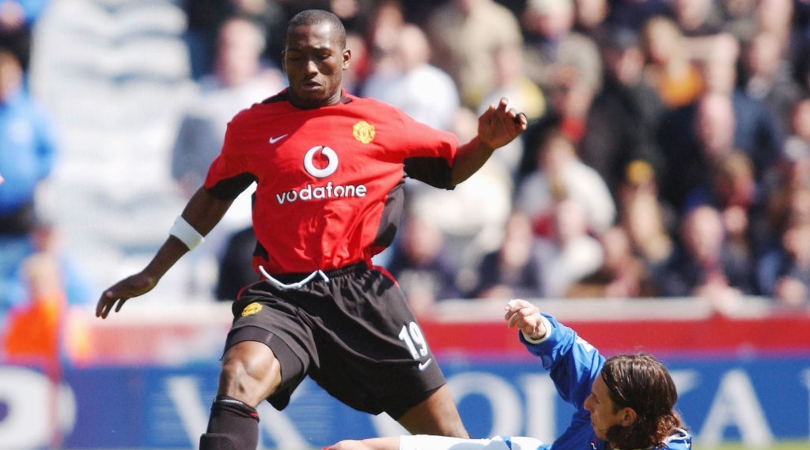
The midfielder’s struggles at Manchester United are the stuff of legend, and he wasn’t much better at Aston Villa.
But he had a commendable international career with Cameroon, earning 34 caps, winning the Africa Cup of Nations and finishing as a runner-up at the 2003 Confederations Cup.
Adrian Mutu
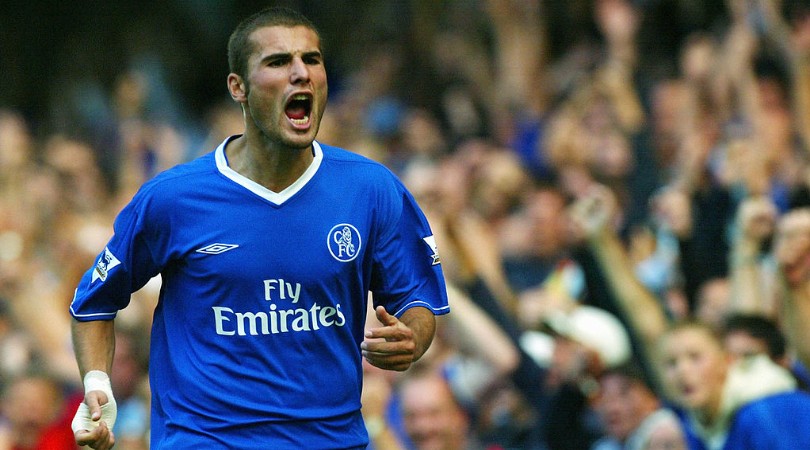
The Romanian’s time at Chelsea will be remembered for all the wrong reasons, as he scored seven goals in 27 games before being sacked for cocaine use.
But his scoring record for Romania was very impressive, with 35 goals in 77 caps making him his country’s joint-top scorer alongside the great Gheorghe Hagi.
Stephane Guivarc’h
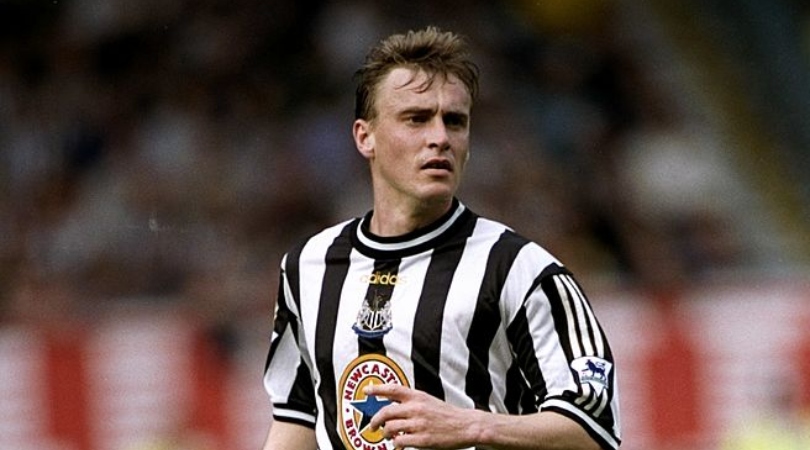
It was Guivarc’h’s international form that earned him his move to Newcastle, as he was part of the victorious France squad at the 1998 World Cup, where he featured in all but one game for his country without scoring – much like Olivier Giroud 20 years later.
Sadly for the Magpies, his eye for goal didn’t improve in the north-east, as he lasted just four games and was sold to Rangers just months later.
Bosko Balaban
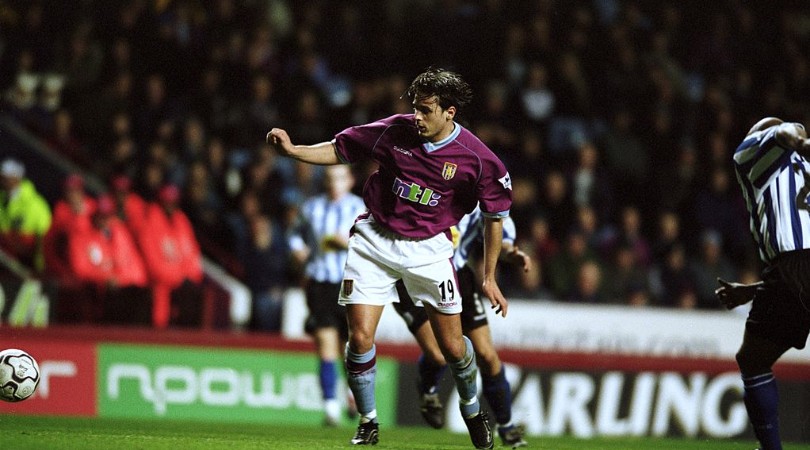
Balaban joined Villa for £5.8m after he impressed in his native Croatia, but he only made two starts and failed to score a single goal at the club before heading out on loan and eventually having his contract cancelled.
His record at international level was more akin to the form he showed at Dinamo Zagreb and Club Brugges, as he netted 10 goals in 35 caps, heading to two World Cups but failing to get off the bench in either.
Georgios Samaras
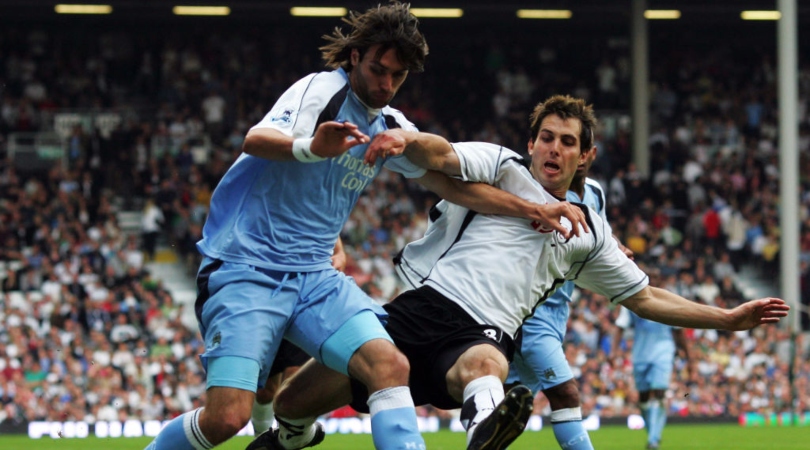
The long-haired Greek striker was one of City’s biggest signings in the days before they became a financial powerhouse, joining the club from Heerenveen for £6m.
He couldn’t quite cut it in the English top flight before heading to Celtic, but for Greece he racked up 81 caps, scoring nine goals and featuring in two European Championships and two World Cups.
Robert Earnshaw
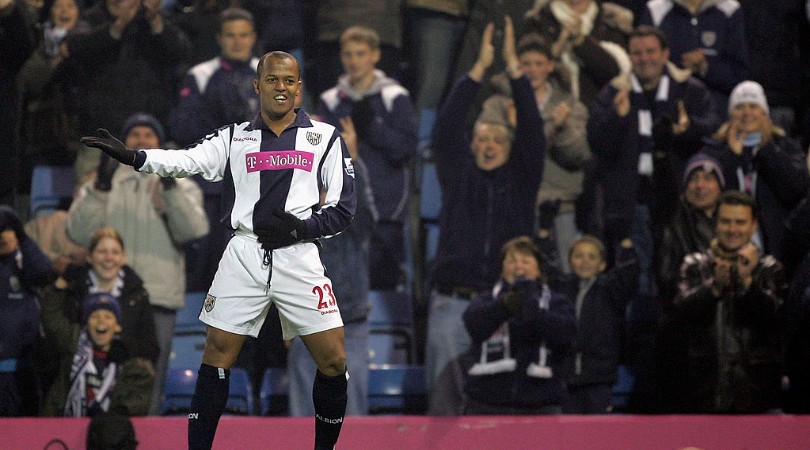
Earnshaw’s scoring record in the Premier League wasn’t exactly prolific, with the Welshman netting 13 times in 65 appearances for West Brom and Derby.
His record for Wales was better, with 16 strikes in 59 caps – at a time when his country was still far from reaching the Gareth Bale-inspired achievements of the present-day lot.
Jean-Alain Boumsong
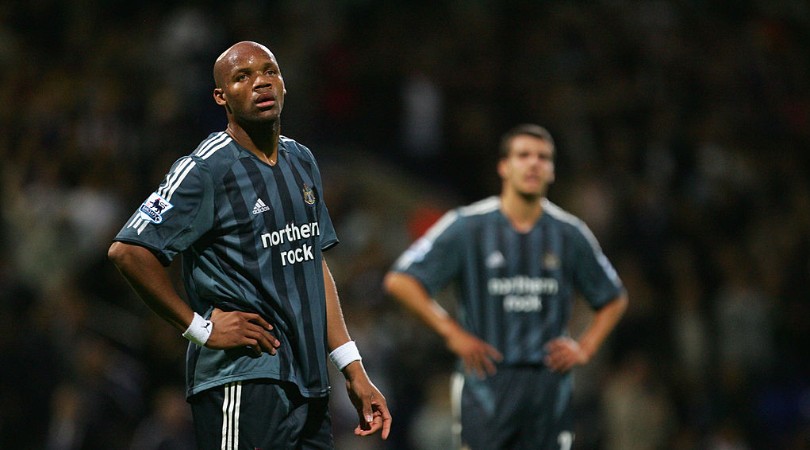
The £8.5 million fee that took Boumsong from Rangers to Newcastle proved to be a bad investment, as the Frenchman put in a string of error-prone performances over 18 months at St. James’ Park.
But for France, the centre-back earned 27 caps, travelled to three major tournaments in a row, and played a key part in Les Bleus qualifying campaign for the 2006 World Cup.
Mateja Kezman
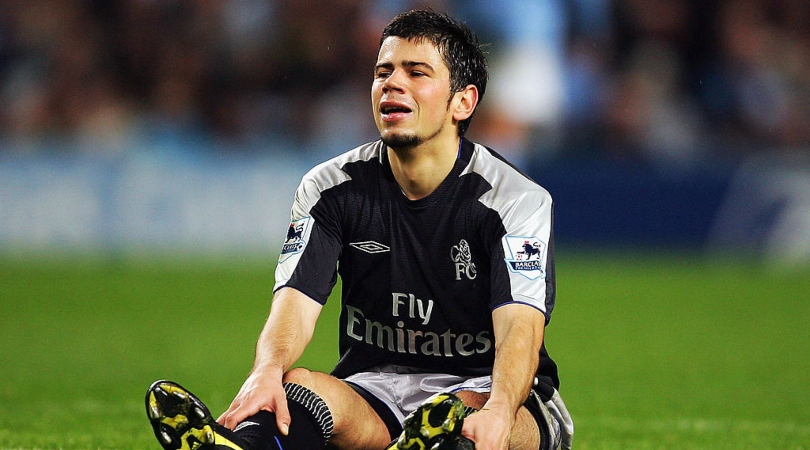
Expectations were high when free-scoring Kezman arrived at Stamford Bridge from PSV, but he failed to replicate the form he had shown in the Eredivisie in England and departed with just four goals to his name a year later.
He had more success at international level, firstly with Yugoslavia and latterly with Serbia and Montenegro, racking up 17 goals for the two and appearing at Euro 2000 and the 2006 World Cup – although he was sent off at both.
Richard Kingson
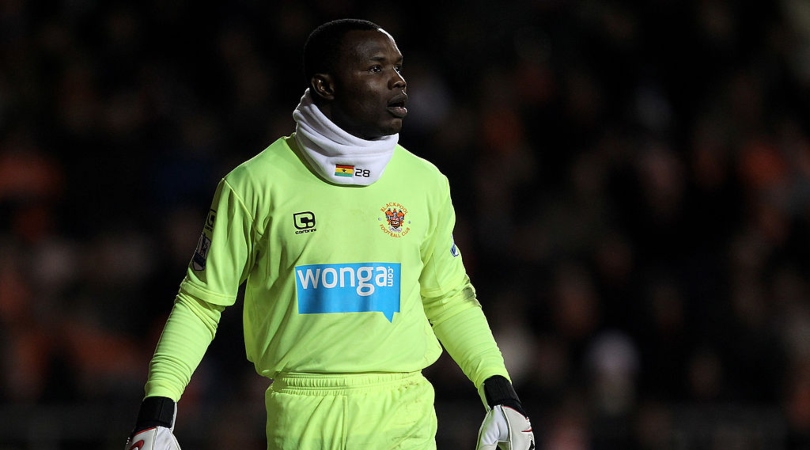
It all went downhill for Kingson after saving a penalty on his Wigan debut against West Brom, as Chris Brunt scored on the rebound, his team lost 3-1 and he played just three more games for the club – losing all of them.
His efforts with Ghana were far more memorable, as he took them to two World Cups, finished as a runner-up at the Africa Cup of Nations and even bagged a goal during a friendly against Tanzania.
Thank you for reading 5 articles this month* Join now for unlimited access
Enjoy your first month for just £1 / $1 / €1
*Read 5 free articles per month without a subscription
Join now for unlimited access
Try first month for just £1 / $1 / €1

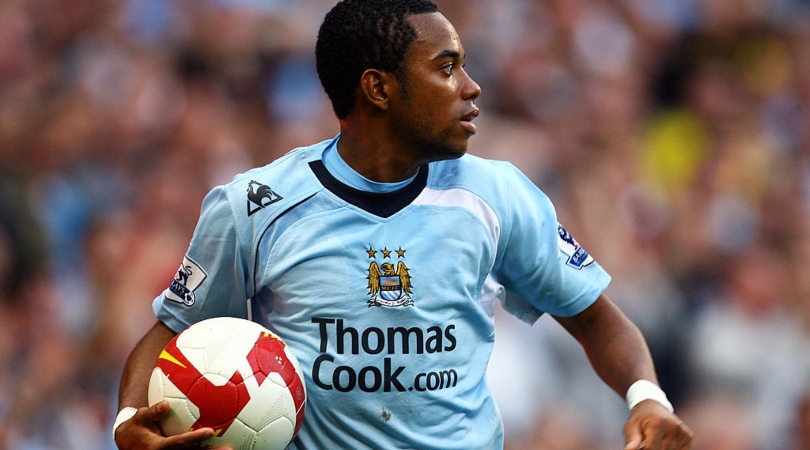

Add Comment